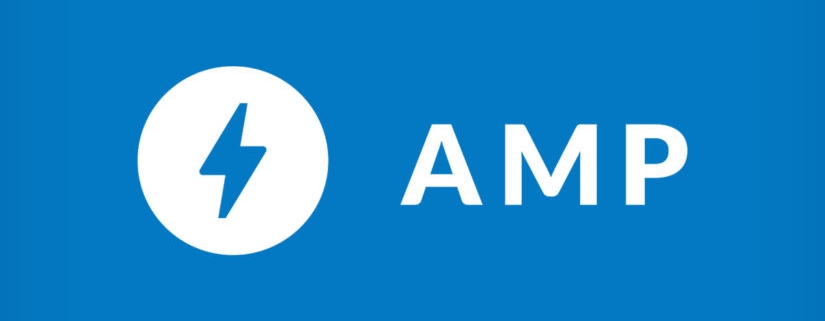
Wow! It is strange that one still trusts a printed or PDF’d email as a record of who said what when.
Microsoft did its best to make it clear that any email can be easily altered, with a few mouse clicks.
Those that send marketing emails are well aware of how easy it is to send a message where the SAME email displays entirely different message content depending on what email program the recipient has — if they are viewing the HTML (text/html) part of the message or the Plain Text (text/plain) part of the message. Easy to do; the same email says two different things.
And now, Google is introducing to the world a new part of the same email, called the AMP part (text/x-amp-html).
Know more: Encrypt Email Messages
This alters a standard email as record forever.
This innovation should finally help people realize that unless you do something to preserve a snapshot of the entire message content, including metadata originally sent and received at a point in time, you may not be able to demonstrate that a later printed email (or printed to PDF) is the actual content displayed for a particular recipient at a point in time.
Why?
Google’s new AMP part of the email lets remote third parties effectively enter your inbox. After you receive and view a message, they can change the content of the message parts so when you refresh, new content displays.
What you see now, is not what you may see next time you open the same email!
This may seem trivial, or very nice for marketers, but imagine you save an email for future reference, and when you revisit it later to remind yourself — or show someone else what the email said — you re-open the email and find the content to be different! Or, you print an email, and then are asked to compare to the original, and the printed version is different than the original you saved!
If you feel you might want, at sometime in the future, a record of who said what when by email, send your message using the Registered Email™ service.
Or, if you receive a message and want to preserve a snapshot of what you received, send a copy to yourself using the Registered Email™ service.
To try this easily at no cost from Microsoft Outlook, Gmail or other email, (click here).
By sending as a Registered Email™ message, you receive an RMail Registered Receipt™ email record that, at any time in the future, can authenticate and reconstruct the original message content, delivery and opening history, and all underlying timestamps and metadata.
Send Registered. Perfect proof, preserved.
Watch for Google’s AMP; which will forever change the perception of your inbox email as a record.
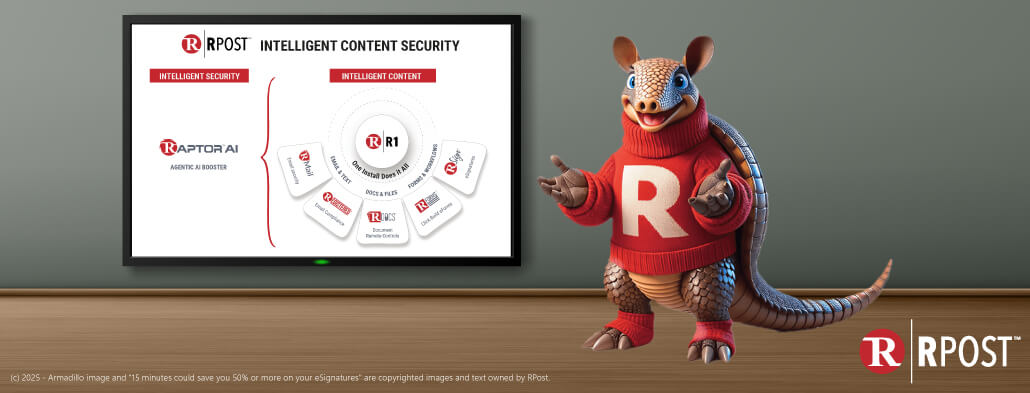
April 25, 2025

April 17, 2025
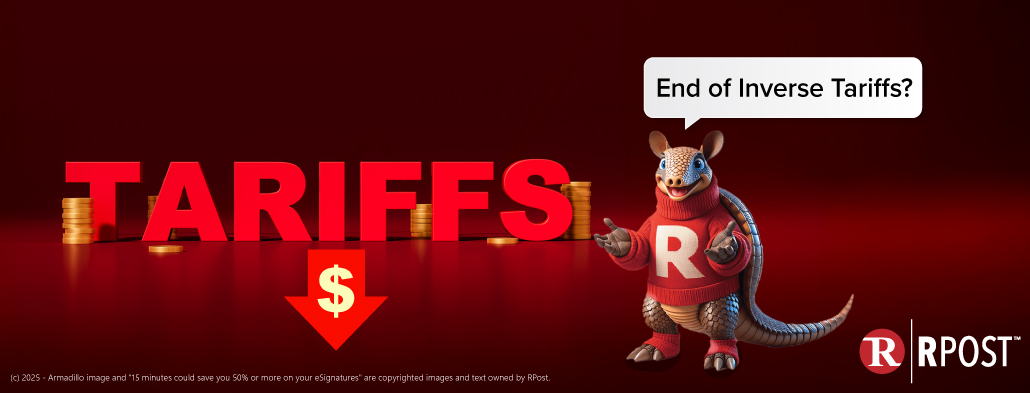
April 11, 2025
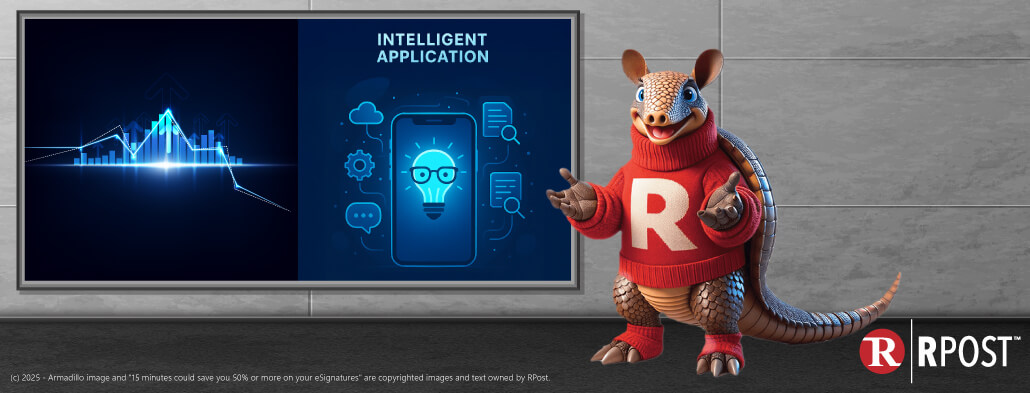
April 04, 2025
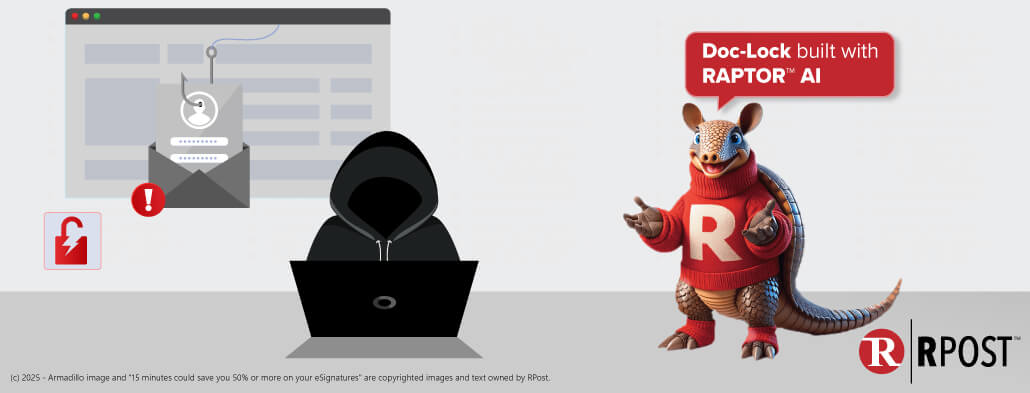
March 28, 2025